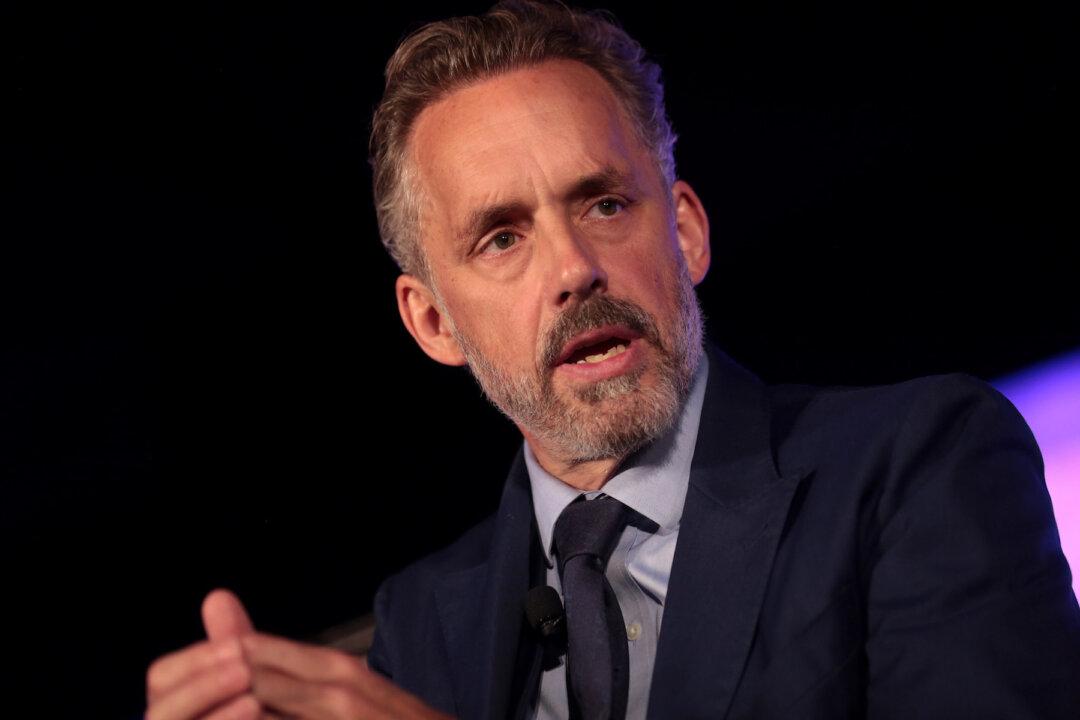Clinical psychologist and media personality Jordan Peterson has delivered a stinging criticism of the Australian government’s adoption of higher net-zero emissions reduction targets, warning it will “devastate” the country.
‘Utterly Delusional’: Jordan Peterson Lambasts Australia’s New Emissions Reduction Target

Jordan Peterson speaks at the 2018 Young Women's Leadership Summit hosted by Turning Point USA in Dallas, Texas, on June 15, 2018. Gage Skidmore/CC BY-SA 2.0
Daniel Y. Teng is based in Brisbane, Australia. He focuses on national affairs, including federal politics and Australia-China relations. Got a tip? Contact him at [email protected].
Author’s Selected Articles




